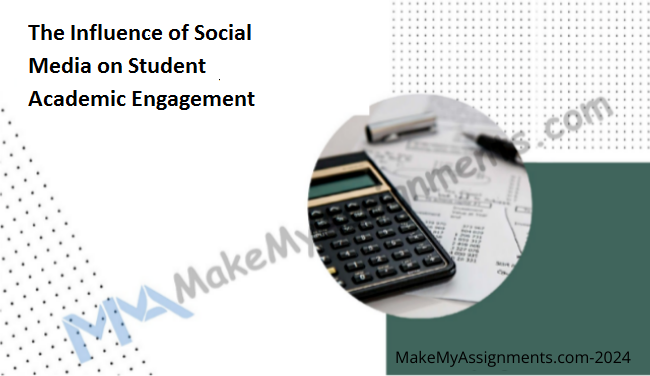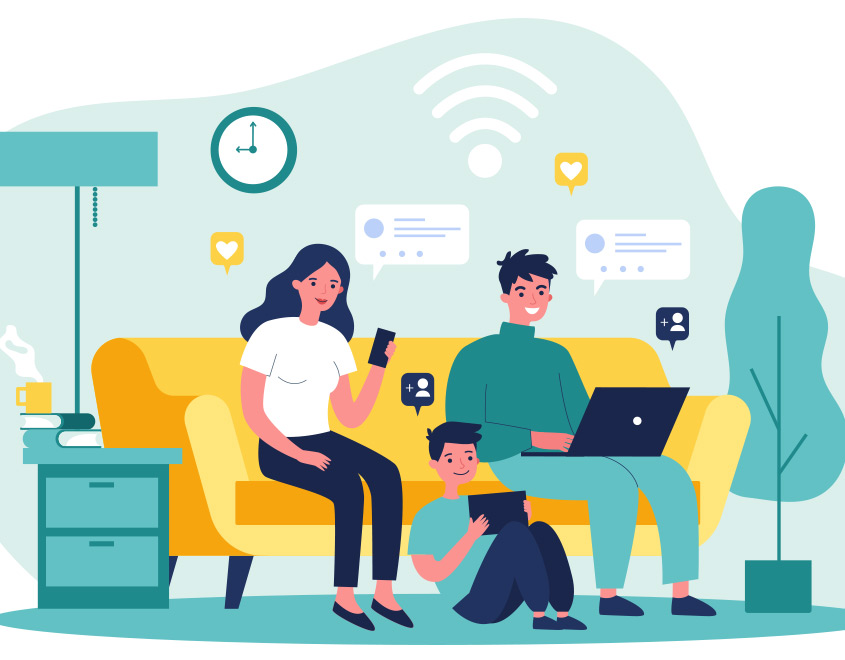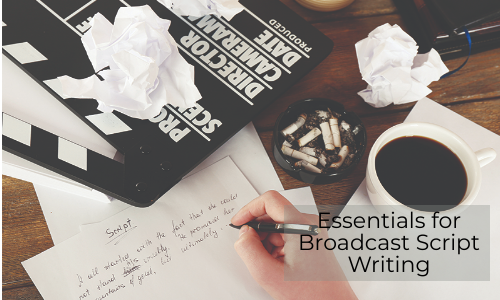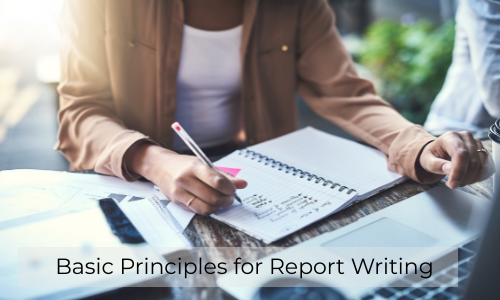
The Influence of Social Media on Student Academic Engagement
In today’s digital age, social media has become an integral part of the lives of many students. From Facebook to Instagram, Twitter to TikTok, these platforms offer endless opportunities for communication, connection, and content consumption. However, alongside the benefits, the influence of social media on student academic engagement has become a topic of considerable debate and concern.

Social media’s impact on academic engagement can be both positive and negative, depending on how students use these platforms and how educators respond to their presence in the learning environment. Let’s delve into the various aspects of this influence:
The Positive Influence:
- Information Access and Sharing: Social media platforms provide students with easy access to a vast amount of information. They can join groups related to their field of study, follow educational pages, and share resources with peers. This facilitates collaborative learning and knowledge exchange.
- Engagement and Discussion: Platforms like Twitter and Reddit foster discussions on academic topics. Students can engage in conversations with experts, professors, and fellow learners from around the world. This promotes critical thinking and expands their understanding of different perspectives.
- Networking Opportunities: Social media enables students to connect with professionals and alumni in their field of interest. Platforms like LinkedIn offer networking opportunities, internship announcements, and career advice, which can enhance students’ academic and professional growth.
- Creative Expression and Inspiration: Visual platforms like Instagram and Pinterest can inspire creativity and innovation. Students can showcase their work, share ideas, and draw inspiration from others, fostering a vibrant online community of learners and creators.
The Negative Influence:
- Distraction and Procrastination: One of the most significant challenges posed by social media is its potential to distract students from their academic responsibilities. Endless scrolling, notifications, and the allure of viral content can lead to procrastination and reduced focus on studies.
- Comparison and Anxiety: Social media often portrays an idealized version of reality, leading to feelings of inadequacy and anxiety among students. Constantly comparing oneself to others’ achievements can negatively impact self-esteem and academic confidence.
- Misinformation and Distorted Views: The abundance of information on social media makes it challenging to distinguish between credible sources and misinformation. Students may encounter false or biased information, leading to misconceptions and inaccurate understanding of academic topics.
- Privacy and Cyberbullying: Social media usage can compromise students’ privacy and expose them to cyberbullying and harassment. Negative interactions online can have detrimental effects on students’ mental health and overall well-being, impacting their academic performance.
Strategies for Positive Integration:
- Digital Literacy Education: Educators can incorporate digital literacy training into the curriculum to teach students how to critically evaluate online content, navigate privacy settings, and use social media responsibly for academic purposes.
- Structured Use of Social Media: Establishing guidelines for social media use in educational settings can help students strike a balance between academic engagement and recreational use. This may include designated times for online discussions, research activities, and professional networking.
- Promotion of Positive Online Communities: Encouraging the creation of supportive and inclusive online communities focused on academic interests can mitigate the negative effects of social media. Emphasizing respectful communication and constructive feedback fosters a conducive learning environment.
- Mindfulness and Self-Regulation: Teaching students mindfulness techniques and self-regulation strategies can help them manage distractions and maintain focus while using social media. Encouraging breaks from screens and offline activities promotes overall well-being.
As students navigate the complexities of social media’s influence on academic engagement, platforms like MakeMyAssignments (MMA) can serve as invaluable resources to support their learning journey. MMA offers a range of services and features tailored to address the challenges posed by social media while enhancing students’ academic experience:
1. Digital Literacy Resources:
MMA provides comprehensive digital literacy resources and tutorials to help students develop critical thinking skills and navigate online information effectively. Through informative articles, videos, and interactive modules, students can learn to discern credible sources from misinformation, thereby mitigating the risks associated with social media consumption.
2. Structured Academic Support:
With MMA, students can access structured academic support tailored to their individual needs. Whether they require assistance with research, writing, or time management, MMA offers personalized guidance and tutoring services to help students stay focused and productive amidst the distractions of social media.
3. Collaborative Learning Spaces:
MMA fosters collaborative learning spaces where students can connect with peers, share resources, and engage in meaningful discussions on academic topics. By creating online communities centered around specific subjects or courses, MMA encourages constructive dialogue and knowledge exchange, leveraging the positive aspects of social media for academic enrichment.
4. Professional Networking Opportunities:
Through MMA’s platform, students can explore professional networking opportunities and connect with industry experts, alumni, and mentors in their field of study. By facilitating networking events, career workshops, and internship placements, MMA empowers students to leverage social media for career advancement while maintaining a focus on academic success.
5. Time Management Tools:
To help students balance their academic responsibilities with social media usage, MMA offers time management tools and techniques. From scheduling study sessions to setting reminders for screen breaks, MMA’s integrated productivity features empower students to maintain a healthy digital lifestyle and maximize their academic engagement.
6. Academic Integrity Assurance:
MMA upholds the highest standards of academic integrity and ensures that all academic support services provided adhere to ethical guidelines. By promoting honesty, transparency, and accountability, MMA instills confidence in students, enabling them to approach their academic pursuits with integrity and professionalism.
In essence, MakeMyAssignments serves as a trusted ally for students seeking to navigate the influence of social media on academic engagement. By offering digital literacy resources, structured academic support, collaborative learning spaces, professional networking opportunities, time management tools, and academic integrity assurance, MMA empowers students to harness the benefits of social media while maintaining a focus on their educational goals. With MMA’s guidance and support, students can thrive in today’s digital age, leveraging technology to enhance their academic success and personal growth.



